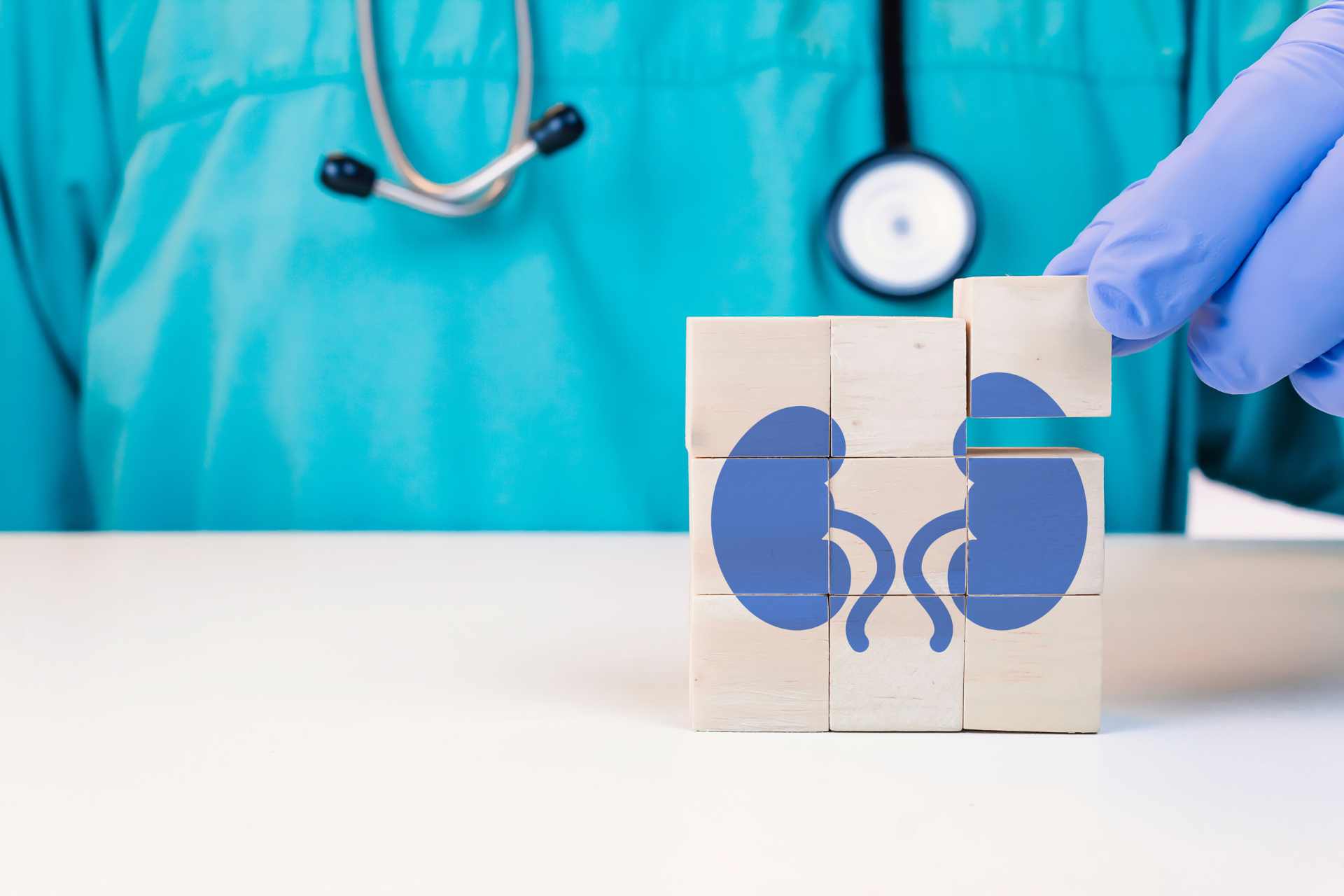What is already known
Immunoglobulin A (IgA) nephropathy is an autoimmune disease that occurs when a type of antibody called IgA — which typically fights germs — builds up in the kidneys, damaging them. Certain bacteria can modify immunoglobulins, but how the gut microbiota influences IgA nephropathy remains unclear.
What this research adds
Researchers examined the interplay between the gut microbiota and IgA nephropathy in people and mice with the condition. They found that Akkermansia muciniphila, a species of mucin-degrading bacteria, contributes to the development of autoimmune kidney disease by stripping sugar molecules from IgA and allowing the antibodies to migrate from the gut to the kidney, where they are no longer recognizable as the body’s own proteins.
Conclusions
The findings reveal how gut bacteria modify immune molecules in ways that lead to the development of IgA nephropathy.
Autoimmune disorders typically arise when immune molecules mistakenly recognize healthy cells in the body as foreign antigens. New research shows that certain gut bacteria can alter some of the body’s own proteins so much that they are no longer recognizable as self.
The findings, published in Science Translational Medicine, reveal how gut bacteria can contribute to the development of IgA nephropathy, an autoimmune disease that occurs when a type of antibody called IgA — which typically fights germs — builds up in the kidneys, damaging them.
Scientists have known that certain bacteria can modify immunoglobulins, but how the gut microbiota influences IgA nephropathy remains unclear. To establish a causal link between gut microbes and the condition, Patrick Gleeson at Université Paris Cité in France and his colleagues analyzed stool samples from 118 people, 33 of whom had IgA nephropathy.
Removing sugars
The gut microbiota of people with IgA nephropathy had higher abundance of bacterial species that degrade mucin, including Akkermansia muciniphila, compared to people without the condition.
In cells grown in a dish and in mice, A. muciniphila modified IgAs by stripping sugar molecules from the antibodies’ surface, the researchers found. The modified IgAs then crossed the lining of the gut and entered the bloodstream, eventually migrating to the kidneys.
Within the body, the process of removing sugars from IgA renders the antibody unrecognizable to the immune system, the authors say.
Protective effect
After being colonized with A. muciniphila, mice expressing human IgA developed IgA nephropathy. Treating the animals with antimicrobial peptides called α-defensins reduced the growth of A. muciniphila. However, the researchers didn’t observe these protective effects in stool samples from patients.
“These results support a previously unknown mechanism of disease whereby a secreted human glycoprotein is modified by bacteria in the intestinal lumen before reintegrating into the host, where it is no longer recognizable as self,” the authors say.
More work is needed to understand the interplay between the A. muciniphila and IgA in humans. It’s also unclear what causes the microbes to remove sugars from the surface of antibodies in the gut, and whether other microbes besides A. muciniphila may be involved in this process.









